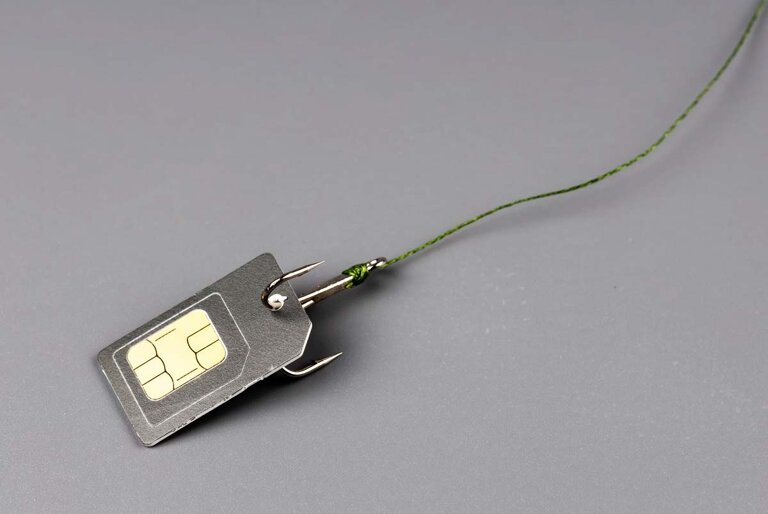Deepfakes and cyber attacks are expected to rise this year. The Cybercrime Investigation and Coordinating Center (CICC) has issued a warning, especially with the upcoming mid-term elections and the growing use of artificial intelligence.
At the conference, “Forging Collaborative Cyber Resilience: Protecting Critical Infrastructure and Democratic Institution,” held on March 11 to 12 at the Manila Polo Club, Makati City, the CICC disclosed that it detects around 200 to 300 deepfakes daily.
“Elections are just a few weeks away, and I think that’s the thing that we have to address right now, because it will spell the big difference of how we’re going to go into the future of the country,” said CICC Executive Director Alexander K. Ramos. “We are facing a challenge on artificial intelligence and deepfakes creating havoc.”
Ramos spoke at the first conference panel titled “Assessing the Cyber Threat Landscape in the Philippines.” The event was organized by the Stratbase Institute and the Embassy of Canada.
To combat the spread of deepfakes, the CICC is working with several stakeholders to establish a nationwide task force. This task force will include representatives from government agencies, technology companies, media organizations, educational institutions, and civil society.
“We are now working on some guidelines on the reporting mechanism for this. But the tools we have acquired are for distribution,” Ramos added. The CICC has recently acquired new software that can detect deepfakes within 30 seconds with a 95% accuracy rate.
The conference also included members of the diplomatic community, including Canadian Ambassador David Hartman, New Zealand Ambassador Catherine McIntosh, Vietnam Ambassador Lai Thai Binh, Czech Ambassador Karel Hejc, and Finland Ambassador Saija Nurminen.
Featured image from Unsplash








